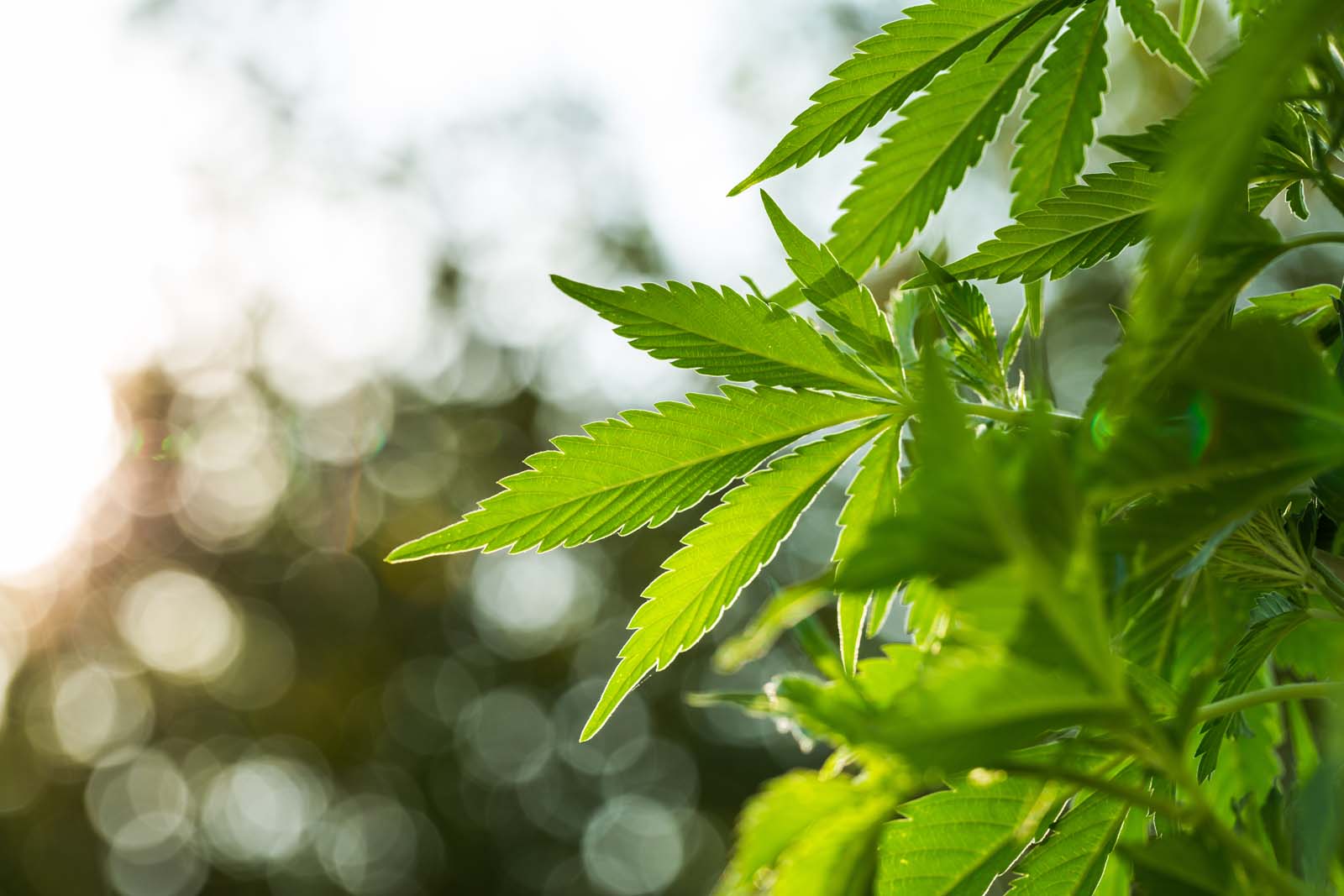Note: The following update is based on available data, which is not only always current or accurate.
The Canadian cannabis industry is doing better than many media and industry observers contend, even after factoring the impacts of the COVID-19 and vaping crises. The industry is showing significant growth, resilience and innovation. However, there are also major headwinds and short-term risks, particularly the economic, social and healthcare challenges posed by the ongoing pandemic.
The sector’s short-term fortunes and long-term health will ultimately depend on how quickly and effectively companies can adapt to the ‘new normal’ while remaining compliant with regulations, being operationally sound and prudently managing their finances.
Sales and share price improvements
Annualized legal retail sales of all cannabis products (flower plus edibles) continue to rise. Monthly sales rose to $154.2 million in January 2020, up from $54.9 million the previous year. And U.S. figures show similar growth.
The emerging COVID-19 crisis has coincided with a surge in retail adult-use sales, including from online government wholesalers and new ‘click and collect’ delivery models. Similar increases are also being seen in the U.S. It’s not yet clear whether this is panic buying, consumers trying new edible products or the long-anticipated shift in consumption to legal channels. However, research from MKM Partners does suggest young consumers (the largest market segment) will substitute cannabis products over alcohol in small gatherings — especially with the large-scale closing of bars and restaurants.
These early but positive numbers have spurred cannabis stocks to outperform the S&P 500, with some firms receiving analyst upgrades.
Improving inventories and legal market competitiveness
Anecdotally, work in progress and finished goods inventories are finally beginning to fall. This suggests that product supply is beginning to align with market demand. Ideally, it also reflects advances in production planning and forecasting, as well as improvements in product quality and lower retail prices.
Falling retail and wholesale prices are finally beginning to close the price gap between the illegal and legal markets. By some reports, the average legal price premium versus the illicit market (at retail) is now closer to 50 percent, a reduction of about half versus this period last year. There are also some positive rumblings that provincial governments are planning to crack down harder on illegal cannabis stores and grows — ideally driving these consumers into the legal market.
Edibles rapidly coming on stream
The highly anticipated launch of edibles in October 2019 experienced a few predictable hiccups. However, the consensus is it has been a resounding success overall. There are already hundreds of edibles SKUs in market — including topicals, oils, beverages and more — with another nearly 500 expected by the end of 2020.
Expanding retail access and licensing
There are now more than 700 legal cannabis retail locations across Canada. While Ontario and Quebec — upwards of 65 percent of the potential consumer market — remain woefully under-stored, both provinces are on track to add 20 new licensed stores per month or more beginning in April. It is unclear whether an ongoing COVID-19 crisis will delay these openings.
Non-retail license approvals for cultivation, testing and processing are also continuing to rise. The total number of approved licenses has now reached into the thousands, though it’s not clear whether more licenses are immediately helpful to the industry right now.
Industry headwinds underscore continuing concerns
Even prior to the COVID-19 crisis, the industry had already been contending with four big challenges:
- Worsening cashflow, including cash on hand
- A lack of available capital (both equity and debt)
- High levels of inventory and product returns
- Falling valuations across the industry (versus 2019 market highs)
A recent boost in sales has certainly helped to ease some of these tensions, at least temporarily. It remains to be seen whether this trend will continue and whether it will benefit all firms or just a select few.
The global challenges brought on with COVID-19 could not have hit the cannabis sector at a worse time. Exacerbating the four ongoing challenges above, businesses will now have to contend with possible labour shortages, supply chain disruptions, store closures and reduced attention from key regulators such as Health Canada.
There’s also the broader economic concern that comes with mass layoffs. Cannabis is fundamentally a want, not a need, and consumption could drop as consumers tighten their purse strings. Medical users experiencing economic difficulties may be compelled to seek lower-cost products from the illicit market, particularly in under-stored provinces like Ontario and Quebec.
Adjusting to the ‘new normal’
Everyone in the sector will need to adapt to some difficult macro issues over the medium term. This includes an existing over-supply situation (expected to last through 2020), along with depressed market valuations, less available capital and a lack of talent at all levels.
Business leaders will need to critically evaluate their strategies and business models to reflect the ‘new normal.’ That means continuing to drive down operating costs to conserve cashflow and improve price competitiveness. It also means optimizing your product portfolio to reflect actual consumer needs and real volumes. Finally, along with these new demands, leaders cannot lose sight of three key imperatives: ensuring regulatory compliance, managing risks and maintaining relationships with critical external stakeholders.
Mitchell Osak, MBA, is the National Leader of MNP’s Cannabis Consulting Practice. To learn more about this analysis or our services for the cannabis sector, you can contact Mitchell at 416.263.6985 or [email protected]




